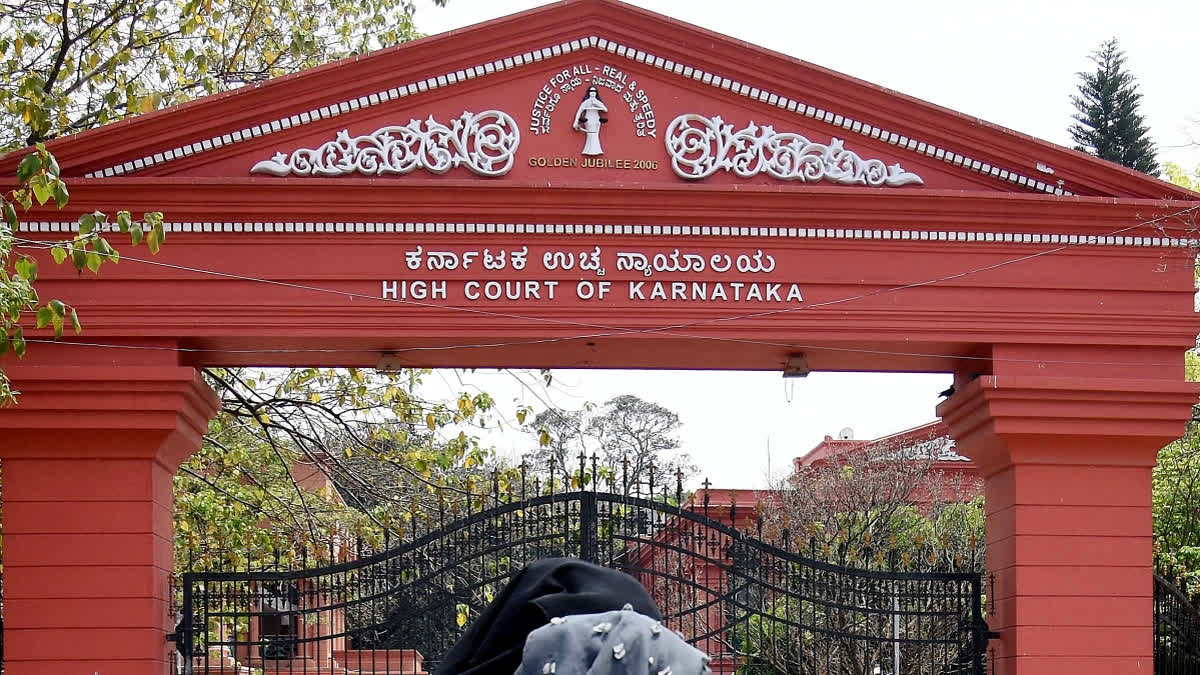Bengaluru: The Karnataka High Court has emphasised that individuals with "absolute blindness" should be given preference over those with "low vision" in employment opportunities, provided their disability does not hinder their ability to perform duties.
This decision was made by a division bench of Justice Krishna S Dixit and Justice CM Joshi while dismissing an appeal by the Department of School Education against an earlier order from the Karnataka State Administrative Tribunal (KSAT).
The case revolves around H N Latha, a blind candidate from the Scheduled Caste community in Periyapatna taluk, Mysuru district. Latha applied for the position of Kannada and social studies teacher at a government primary school in 2022. Her name was included in the selection list released on March 8, 2023.
However, on July 4, 2023, her application was rejected, prompting her to challenge the decision before KSAT. The tribunal ruled in her favour, awarding her Rs 10,000 in costs and instructing the appointing authority to reconsider her application within three months.
The Department of School Education contested this decision, arguing that reservations for candidates with "low vision" and those with "absolute blindness" should be treated as separate categories. The department claimed that the tribunal had overlooked this distinction.
Upon reviewing the case, the High Court bench disagreed with the department's stance. The judges noted that while there might be concerns about a completely blind individual handling the responsibilities of a graduate primary teacher, particularly in subjects like social studies and Kannada, such arguments were unconvincing given that the candidate met the educational requirements for the role.
The court highlighted the positive attributes often seen in individuals with blindness, such as adaptability, resilience, strong memory, heightened senses, and excellent coping skills. The bench cited notable historical figures who achieved great success despite being blind, including Homer, John Milton, Louis Braille, Helen Keller, and Srikanth Bolla, the CEO of Bollant Industries.
The court concluded that the education department should have either set aside specific posts for candidates with absolute blindness or allowed them to compete alongside low-vision candidates for available positions. Upholding the tribunal's directive, the court underscored the need for inclusive hiring practices that recognise the capabilities of blind candidates.



